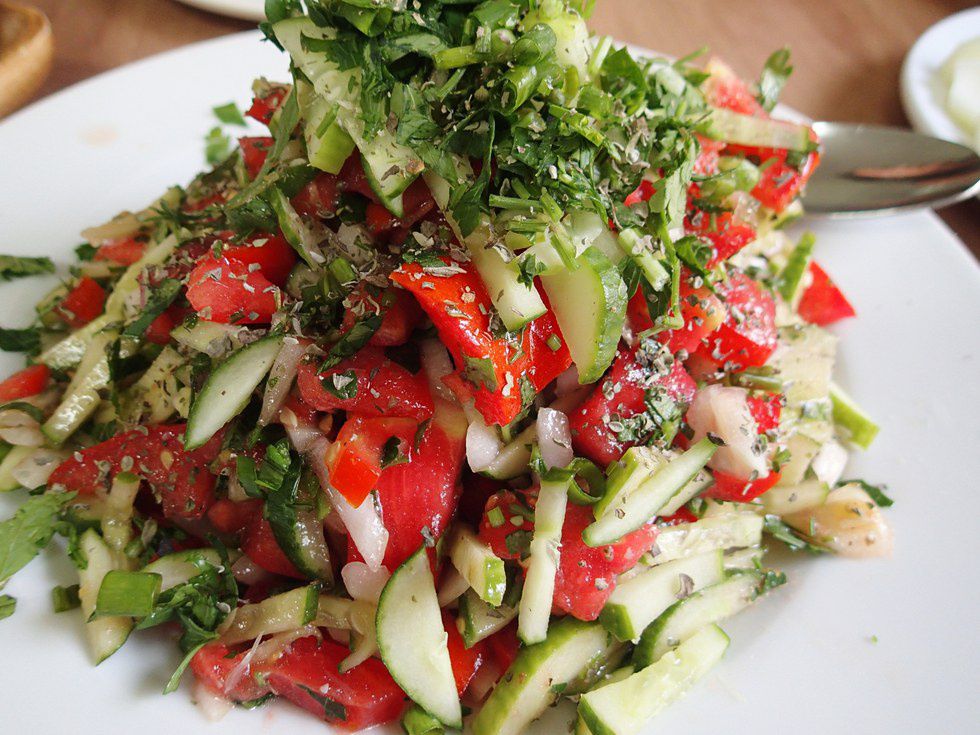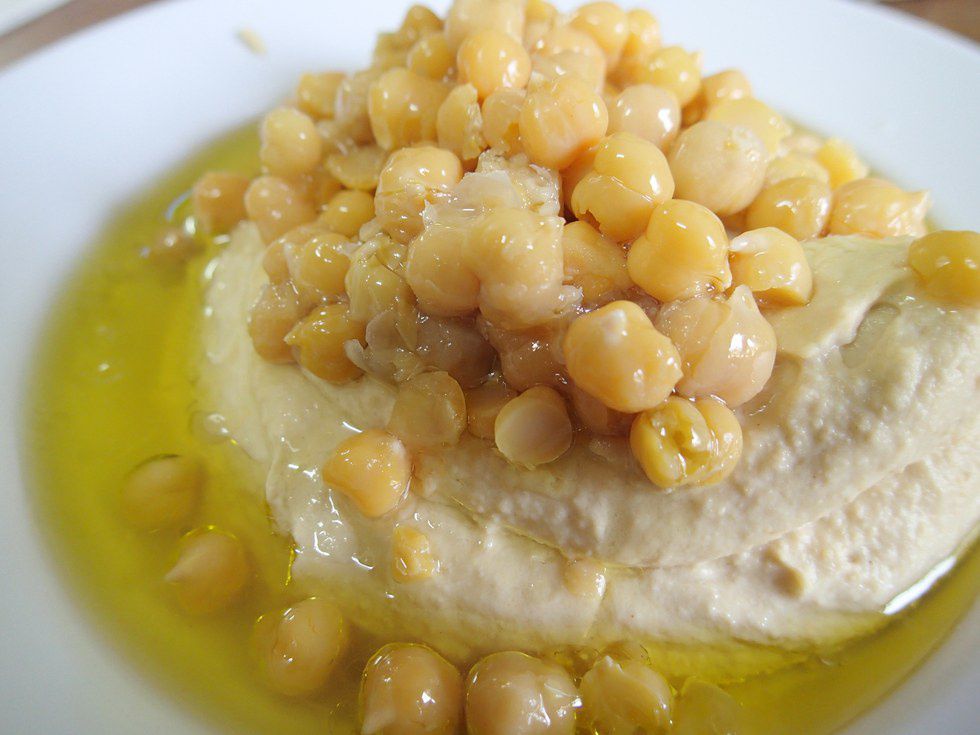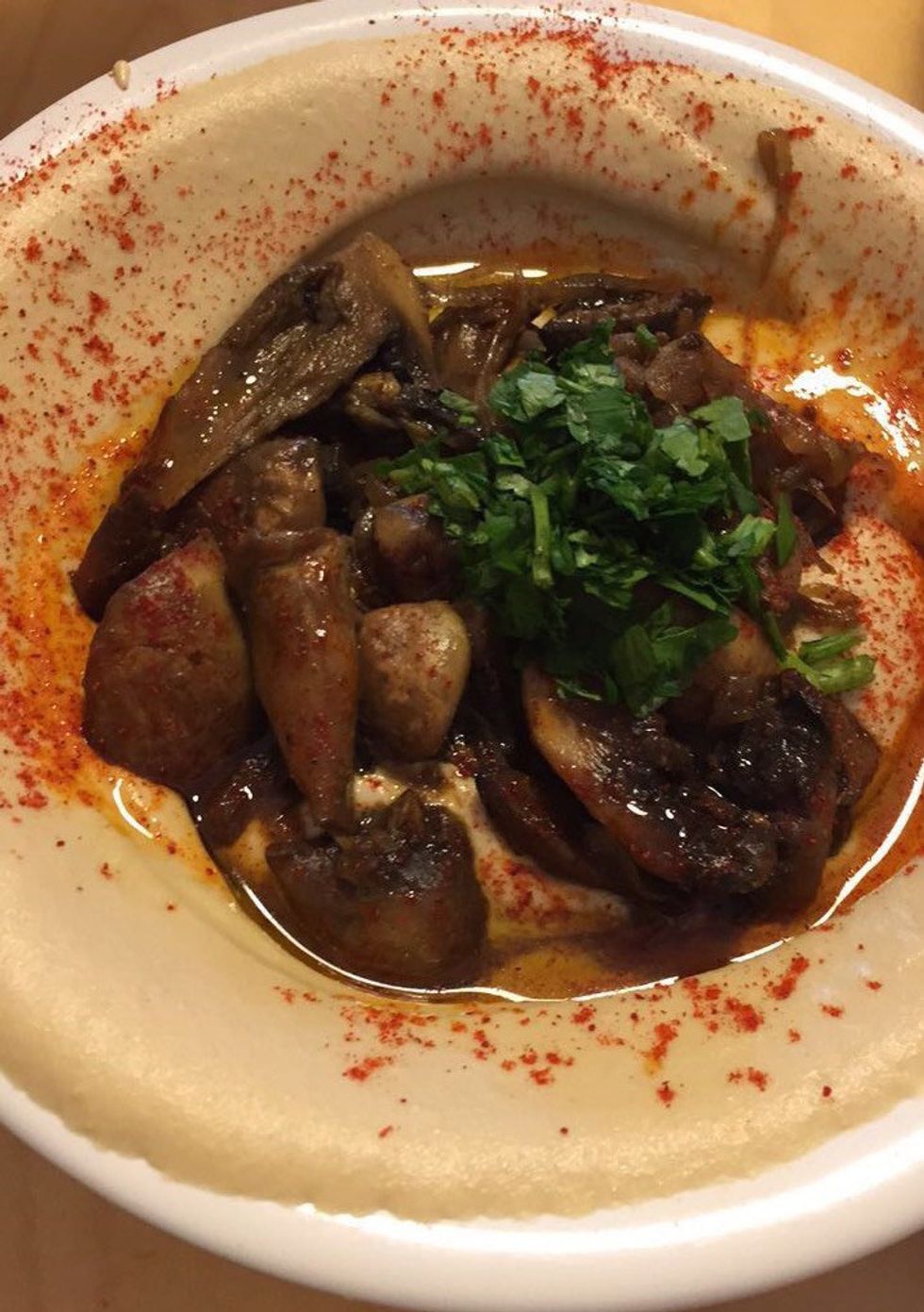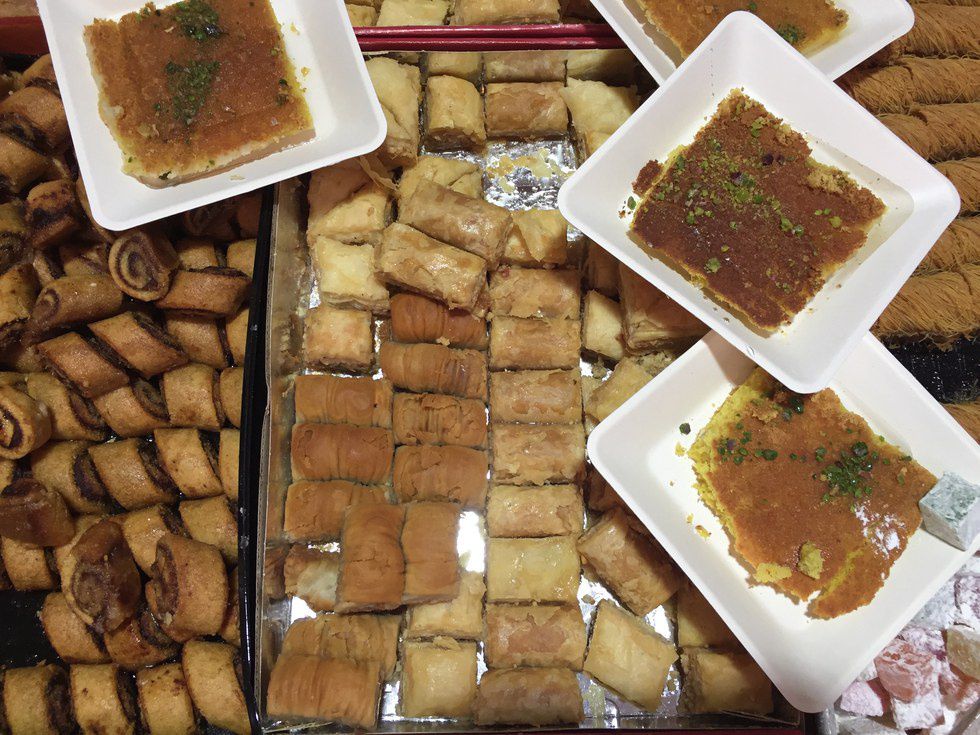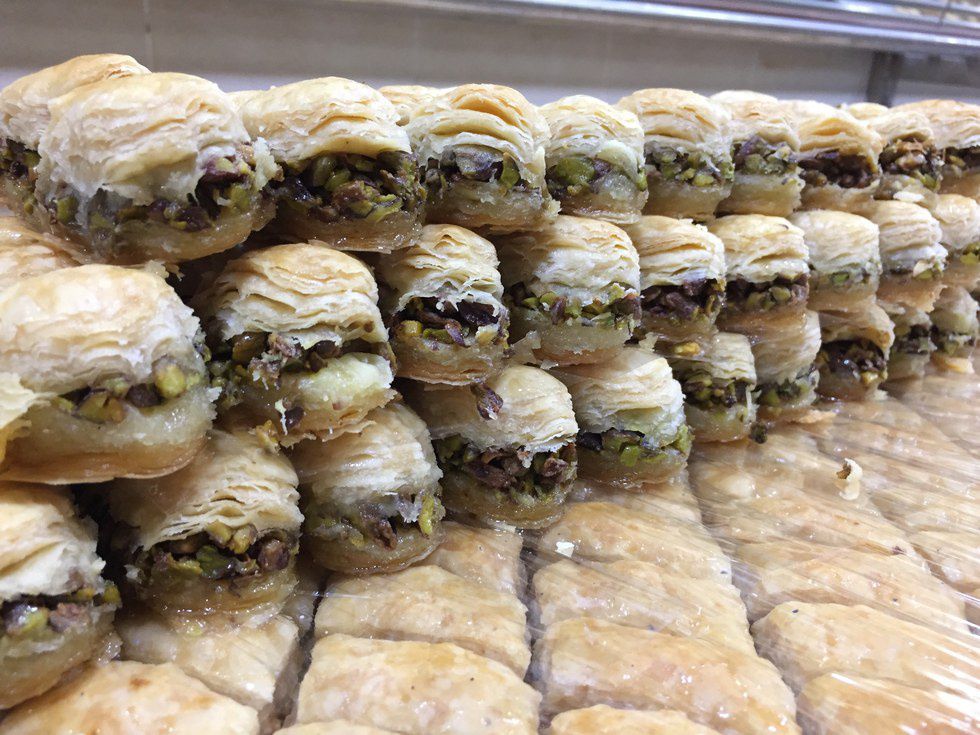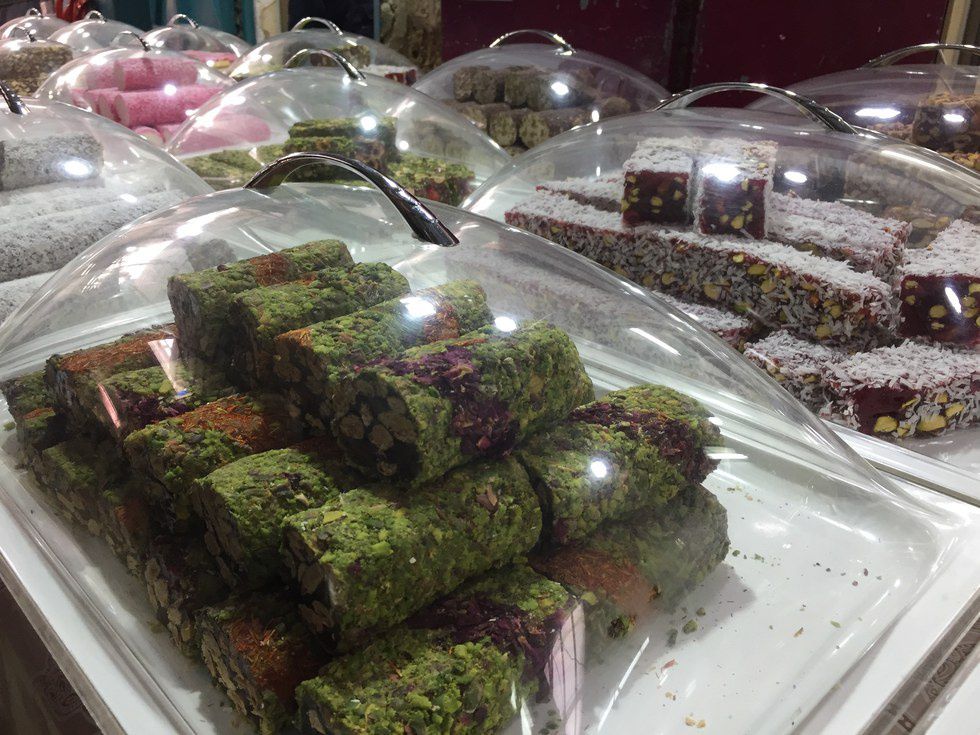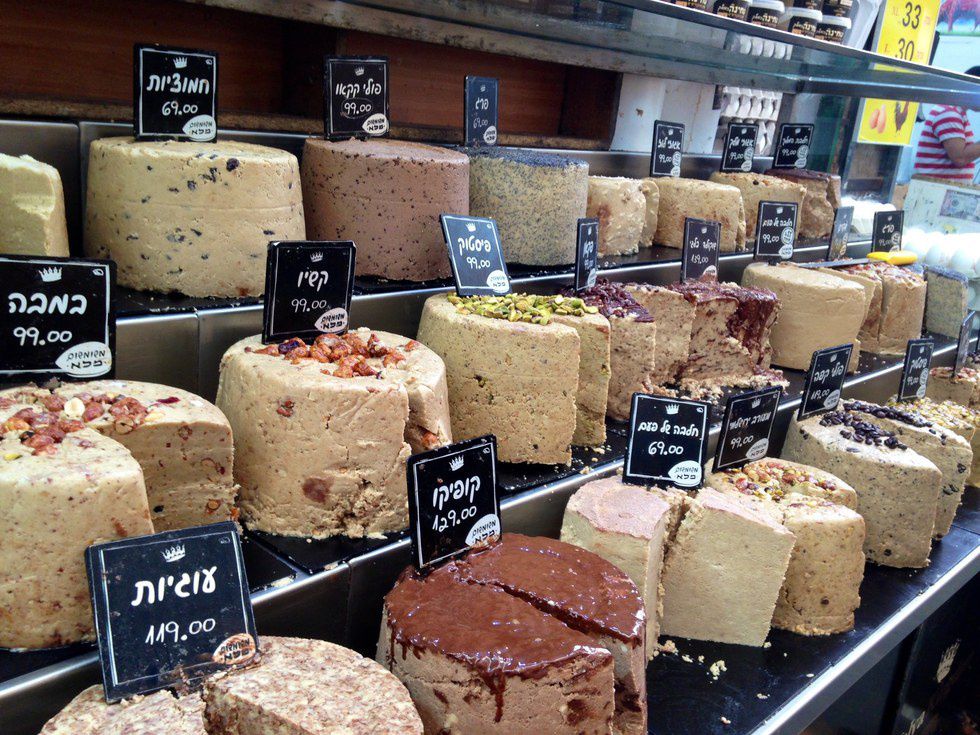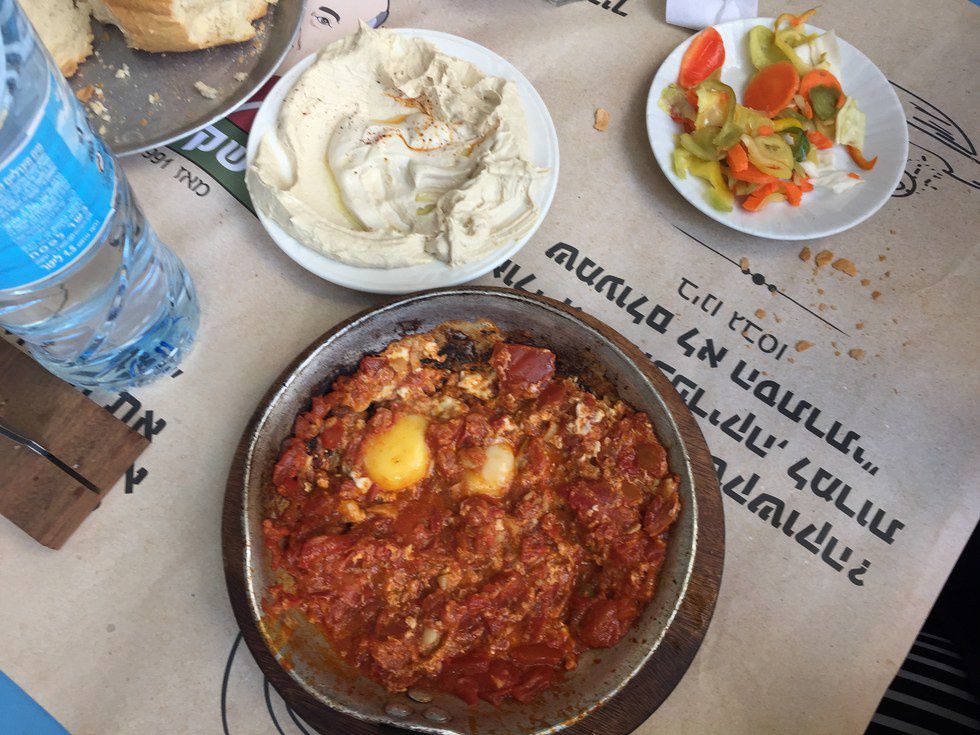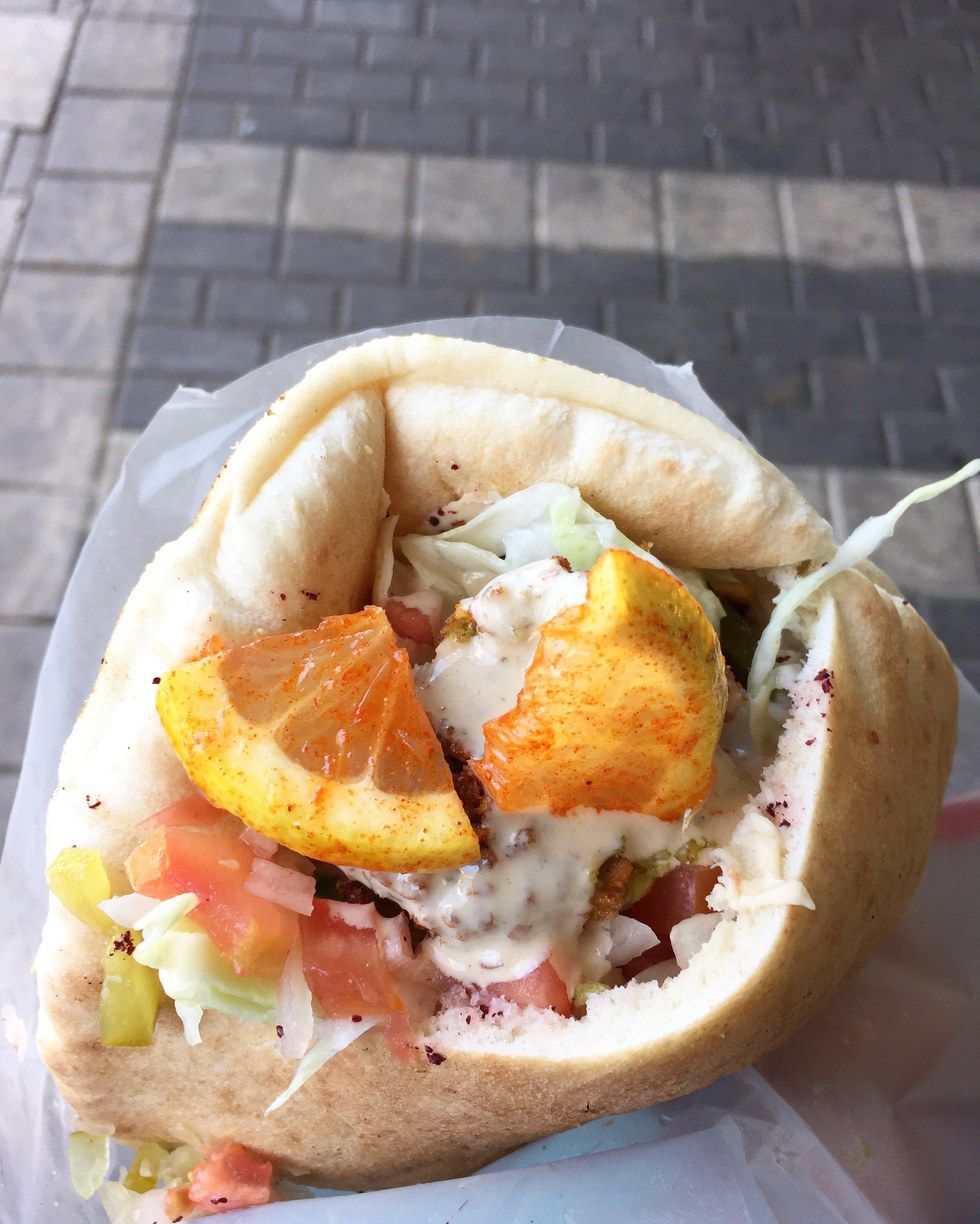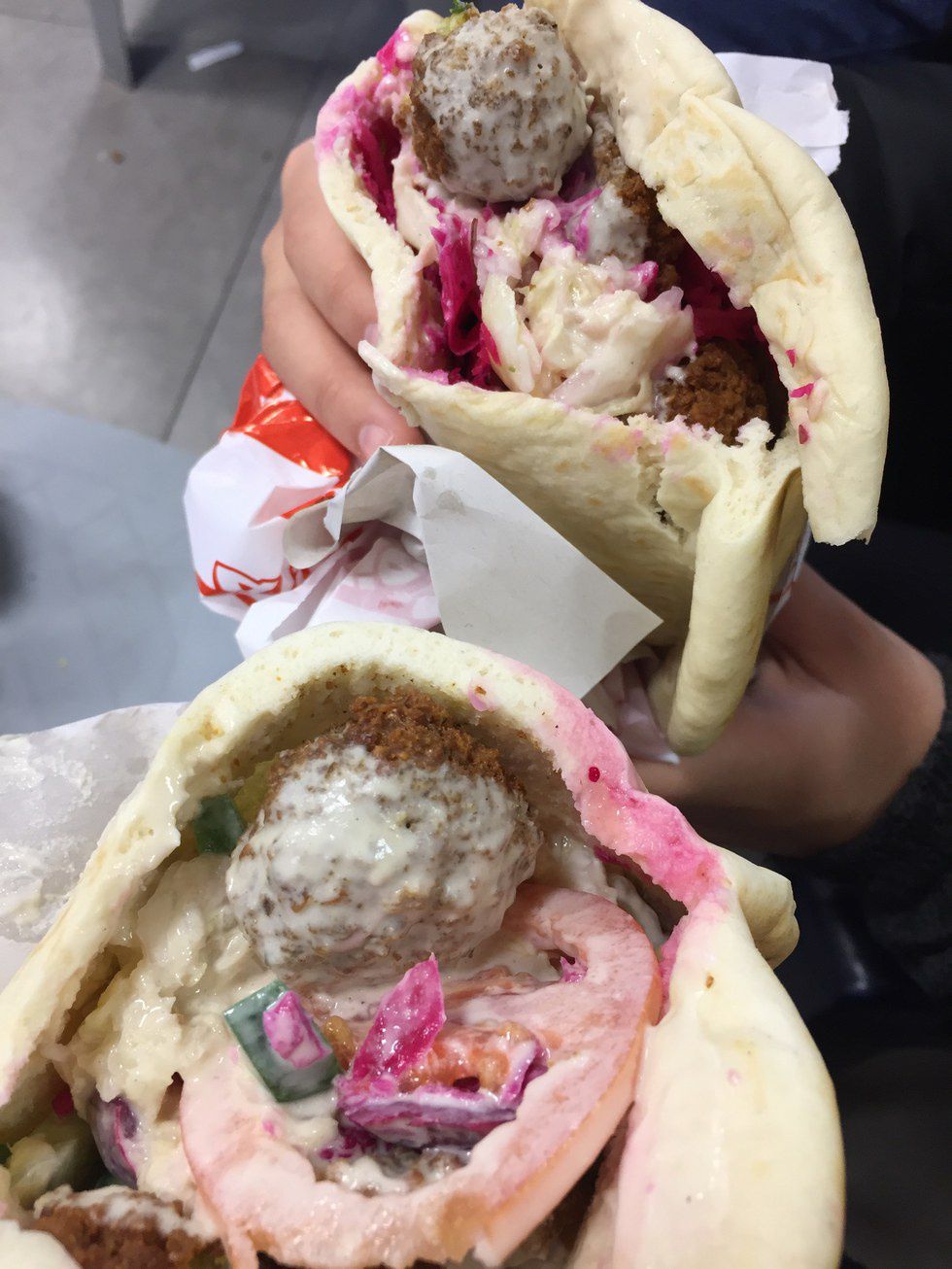Disclaimer: This guide will only include foods that I have personally tasted and enjoyed in Israel thus far and therefore want to share. It certainly does not cover all the Israeli/Middle Eastern dishes that are available in the country.
Israel is a nation with a very rich history full of conquest and conflict. Because of the different ethnic groups that make Israel their home today, the country offers a huge variety of different foods that have received influence from many cultures such as Lebanese, Turkish, and Mediterranean.
Much of Israeli cuisine is considered pretty healthy since many dishes are vegetable-based and utilize a lot of chickpeas and tahini. Therefore, a lot of the Mediterranean diet is naturally also vegan/vegetarian-friendly and most restaurants offer alternatives for people with dietary restrictions. Israel is in fact one of the top countries in the world when it comes to housing the largest populations of vegetarians and vegans per capita. But of course, there is something for everyone, including meat-lovers and even sushi-fanatics.
So now, on to my personal favorite foods in Israel:
Israeli Salad
Hummus
In my opinion, the best meals in Israel are the least complicated ones: a fresh plate of hummus with a bottomless supply of warm pita bread and a side dish of pickles and olives. This simple meal will keep you energized and full for the entire day. You can find a variety of hummus dishes with different toppings such as chickpeas, tahini, mushrooms, or eggplant. I highly recommend though that when eating hummus, pick your restaurant/cafe wisely; the local, non-touristy eateries serve the best hummus that is cheap and generous in portion.
Balkava & Kanafeh
Originating in Turkey, baklavas come in a variety of shapes, ingredients, and flavors. The base of the baklava is made of nuts and phyllo (flat, thin pieces of crust) drenched in honey or sweet syrup. Kanafehs originated in the Ottoman empire and are popular in many Arabic countries. Their base involves a cheese pastry covered in honey or sweet syrup. Both of these desserts are best when bought from outdoor 'shuks' or markets. They're also the perfect companion to bitter coffee or tea.
Halva
Halva is another renowned dessert, mostly made from ground up sesame seeds or tahini and often topped with nuts or chocolate. There are many varieties sold by its weight at supermarkets or outdoor markets.
Shakshuka
Shakshuka is basically spicy tomato sauce or stew with poached eggs. The sauce contains many spices that gives it its rich flavor. At a restaurant, it is usually served with warm bread and pickled vegetables. Shakshuka is a comforting, homey dish that each family tends to have its own unique recipe for.
Falafels
Of course, falafels had to make the list. Falafels are deep-fried balls made with ground up chickpeas usually mixed with spices and parsley. They're naturally vegan and are usually served in pitas along with hummus, tahini, Israeli salad, and pickled vegetables. Falafels are common street food and very affordable. In my opinion, the local, dirtier, smaller falafel stands are always better than sit-down touristy restaurants. Many falafel stands usually offer unlimited toppings like pickles and tahini, so make sure to take advantage of that.
Sufganiyot
Last but not least, the sufganiyot. If you describe the sufganiyot as something "like a donut", most Israelis will angrily argue that they are better than any other kind of donut. These pastries are eaten during Hanukkah and are usually filled with jelly and sprinkled with powdered sugar. As of lately, they are often sold with other fillings like chocolate cream or custard and sometimes even fancily topped with colorful sprinkles. For my family, the tradition is to make fresh sufganiyot for Hanukkah every year, simply served with nothing but powdered sugar. During the holiday season, these delicacies are bought and consumed by the dozens everyday at parties and gatherings.
B'teavon! (bon appetit in Hebrew)




